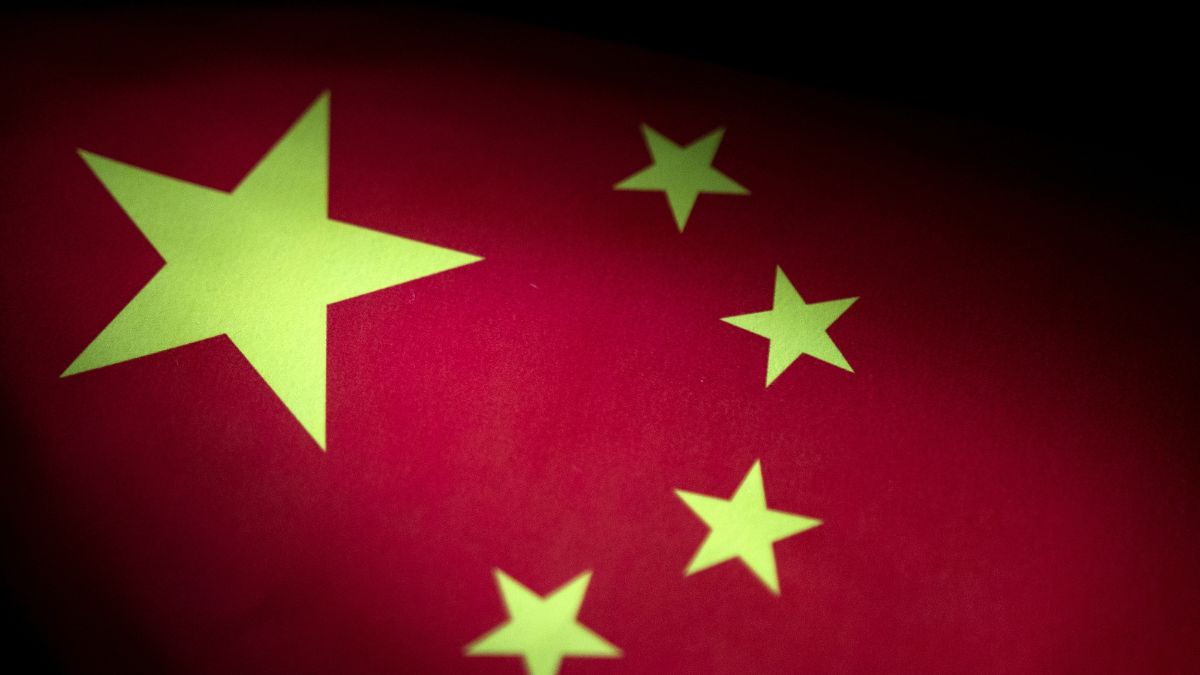The Cook Islands has signed an agreement to expand relations with China.
Prime Minister Mark Brown said he signed an “action plan for the comprehensive strategic partnership” with Chinese Premier Li Qiang during a five-day state visit to China, including a meeting in the northern city of Harbin.
The agreement, Brown said in a statement Saturday (February 15), establishes a framework for cooperation in trade, investment, infrastructure, transport, and ocean science.
But why is the agreement so significant?
A strategic play in the Pacific
The announcement from Cook Islands comes as China seeks to expand its economic and diplomatic influence in the Pacific, challenging the longstanding presence of the United States, Australia, and New Zealand in the region.
New Zealand, which has a free association agreement with the Cook Islands and provides support in foreign affairs and defence, expressed concerns over the agreement’s transparency and said it had not been properly consulted.
Brown has tried to assure that the partnership with China does not alter the Cook Islands’ relationship with New Zealand or other allies. “Our relationship and engagement with China complements, not replaces, our longstanding relationships with New Zealand and our various other bilateral, regional and multilateral partners,” he said.
However, given the wariness towards China, taking that comment at face value is likely to be difficult.
Geopolitical and economic implications
The Cook Islands, a nation of 17,000 people spread across the South Pacific, holds strategic significance beyond its size.
Along with 13 other Pacific island nations, it controls vast maritime zones that cover 15 per cent of the Earth’s surface, according to Al Jazeera.
The US, Australia, and New Zealand view Beijing’s economic and diplomatic inroads as part of the Xi Jinping administration’s larger effort to secure military footholds, access to natural resources, and influence over key shipping lanes.
Impact Shorts
More ShortsThe Cook Islands’ ability to enter international agreements, despite its free association with New Zealand, makes it a valuable diplomatic partner for major powers vying for influence in the region.
By deepening its ties with China, the island nation strengthens Beijing’s strategic positioning in a region historically aligned with Western allies.
Deep-sea mining and maritime security
During Brown’s visit, Cook Islands officials discussed seabed minerals research with Chinese institutions, raising the prospect of Chinese investment in the sector.
The Cook Islands is considering deep-sea mining to extract nodules rich in nickel, cobalt, and other valuable metals.
Deep-sea mining has drawn international scrutiny due to environmental concerns, but it remains a lucrative opportunity for resource-hungry economies.
China, which dominates global rare earth processing, is seeking to secure new sources of critical minerals essential for batteries, electronics, and defense industries.
The partnership may also involve cooperation on maritime security, which could impact control over strategic waterways and exclusive economic zones in the Pacific.
Beijing has previously sought security arrangements with Pacific nations, including the Solomon Islands, causing worries about potential Chinese military access to key maritime routes.
With inputs from agencies
)